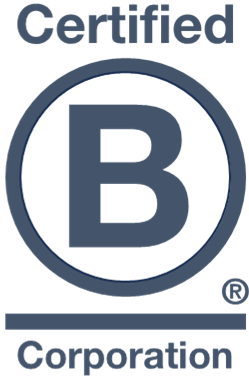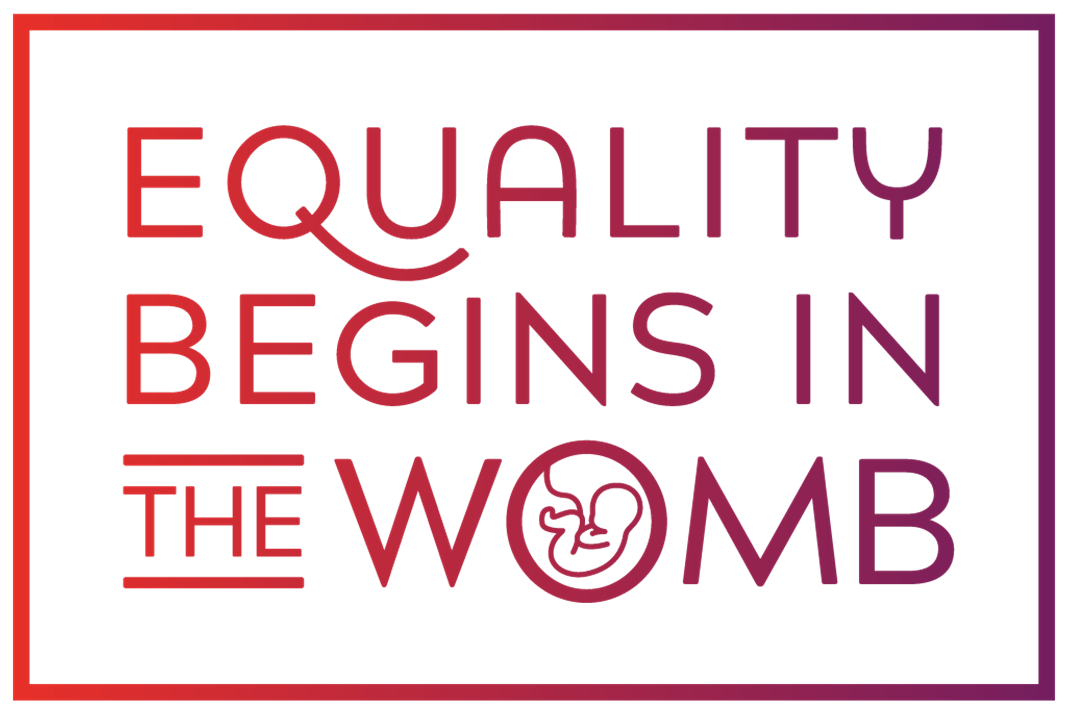Embrace the "Gray": Ageism is Limiting Your Company's Potential
The "old folks" are hip to the trends, and they see what the kids can't

The other day I celebrated birthday number [undisclosed, for my own sanity]. I own my own business, so as long as clients like me I'm in a pretty good spot. But as I get older, what's really starting to bother me is watching friends and colleagues around my age get shut out of the job market—some by choice, others not so much. These are tough times for them, and here's the thing: The people I know who've been in their industries for decades are usually spot-on when they say companies are making dumb decisions about direction and hiring. Based on what I see with my own clients, my friends are right more often than not.
Employers are careful, so I can't prove this, but there sure seems to be a lot of ageism going on right now. It's devastating—both financially and psychologically—for people getting passed over. I've watched friends strip years off their resumes, change up their LinkedIn profiles to sound more "current," and basically contort themselves trying to prove they're on to the latest trends. Even when these "edits" get them in the door, though, the truth comes out when salary expectations hit the table. More experience equals higher demands, which screams "older" to hiring managers. To way too many of them, that means they're irrelevant in evolving fields.
What I'm seeing, especially in fast-moving industries, is businesses prioritizing youth for critical leadership and technical roles. I understand the logic—they genuinely think younger means more plugged into current trends, and therefore more valuable. The truth, however, is that this thinking is very often completely backwards. The dedicated professionals I know do whatever it takes to stay up-to-date with what’s happening in their fields, and are excited to think about what’s coming and how they can use it. When you add their understanding of how the "old" transitions to the "new," you’ve got exactly what many companies need the most.
Take marketing, for example. The Gen Z guy knows every TikTok trend and uses AI buzzwords to great effect. What he misses, though, is the importance of the end-to-end customer experience and everything that goes into truly understanding audiences—their interests, influences, pain points, behaviors, and other factors that affect what they see and how they respond to it. I watched a startup hire someone who promised the moon with emerging technologies, but he couldn't deliver results. Meanwhile, his "elders" also understand the power of new methods and tools, but they also know the core concepts. In other words, they know how to use them.
This firm's miscalculation isn't an exception in today's world, it's the rule. Companies are hiring younger people into key roles assuming they have all the knowledge needed to succeed. This happens when recruiters and hiring managers don't understand what’s required well enough to get past the lofty terms and phrases candidates are using. When it falls apart—and I’ve seen it happen a lot—organizations have to pay to recruit replacements, and they don't always learn their lessons. More importantly, it wastes precious time and can also seriously damage market credibility. Both are hard to recover from and, worst case, they can actually kill a business.
Some employers think they'll just train new hires on key concepts, or that other departments will simply tell them what they want done. This is frequently a "fail" too. Sometimes, there's no development plan because nobody in the company has the expertise to create one. In other situations, internal customers don't understand the complexities involved in producing what they're asking for, nor do they see what more could be done with it. In essence, they’re hiring "doers" instead of "thinkers who can also do." The opportunity costs are staggering. Companies don't know what they don't know, and the knowledge gaps push down on the bottom line.

Shutting out experienced professionals isn't always just because of the promise of flashy new capabilities, though. It's also about saving money. For startups and smaller firms, the budget concerns are real. Even when they recognize the need for and value of functional expertise, the candidates that have it seem financially out of reach. But, these are exactly the companies that can least afford to put the wrong people in key positions. If their hires can't both do the technical work required and produce the strategic value that company leaders don't fully grasp, the costs—tangible and intangible—can be extraordinary. I've seen them destroy businesses.
There are dual realities here. On one hand, you have these completely wrong assumptions about older professionals, which hurts both companies and candidates. Neither side gets to benefit from what the other offers (even though executives incorrectly think they're getting amazing returns on their investments). On the other, even organizations that recognize their false assumptions about the workforce have genuine financial challenges. But here's what I've learned from working with firms that get sustainably successful results, even on a budget: There are ways to create win-win situations for both themselves and experienced candidates.
- Investing in the Experience—The first approach is to properly define what the role actually requires and hire the ideal candidate at market rate. This means doing some homework—researching industry best practices and matching them against the specific situation to understand what’s really needed and what it's worth. Yes, it's expensive and often requires prioritizing one role over others, which may mean being more frugal in other parts of the organization. However, many companies that invest in experienced talent end up being able pay for it with the returns these employees generate.
- Getting Fractional Help—Another approach I’ve seen work effectively is bringing on an experienced consultant part-time. "Fractional" is huge right now, especially for small businesses that can't swing a full-time executive salary but desperately need expertise in essential positions. Going back to my marketing example, a transitional, part-time Chief Marketing Officer (CMO) can provide high-level strategic thinking and integrated knowledge to develop initiatives, establish processes, and do the work needed for immediate success, and train less-experienced employees for long-term leadership roles.
- "Hiring Up," Not Looking Down—There's a third option, hiring someone over-qualified for a important position, that isn’t frequently considered. Many older professionals—the ones shut out by ageism—will absolutely take less money to make meaningful contributions again. They can be more productive on day one, and for firms that don't grasp a function's complexities and value proposition, they can bring innovations and identify improvements that less experienced hires won’t see. Concerns about retention and job satisfaction are legitimate, but when handled right, it’s a mutual opportunity that benefits everyone.
Everything beneficial about hiring for key roles starts with abandoning the assumption that "older" means "less relevant" in today's world. It's simply not true, it's unfair, and it's bad for business. What experienced professionals bring quite often produces value than kids with shiny new toys can't provide. Taking the time to learn why a role matters and what it can do for corporate performance is heading in the right direction, and companies need to continue down the path and get the people who have the expertise, even if they've been around a while. And remember, "you get what you pay for" still holds truth, but it isn’t always necessary to break the bank to get someone who can push your company toward fulfilling its true potential.
What Should You Do Now?
Watching this all play out right now, I'm absolutely convinced: The companies figuring this out today are going to have a serious competitive advantage. The ones that don't? If they're lucky enough to stick around, they're going to keep wondering why their "cost-efficient," "cutting edge" young talent isn't delivering the results they expected.
If this post resonated with you, there are a few key steps you should take before hiring for your next critical opening:
- Properly define your requirements. Get someone who really knows the function and what's happening around it, and/or find out what successful firms are doing. There's a good chance the wrong person is defining the job, whether they have their own agendas or they just don't know. There's often more to a role than you think, and it doesn't do anyone any good to miscast it, downplay its importance, and hire to a faulty description.
- Do an honest labor market analysis. Find out what them market is paying for someone with the qualifications you need. It's better to start there than to seek talent based solely on your budget since, as listed above, there are alternatives to consider. Don't let your financial constraints dictate the skills and expertise you have to acquire.
- Assess the surrounding conditions. You know who you're looking for, what you want them to do to produce value for your company, and your budget gap. What approach will work best for your situation? Consider factors such as the function's importance, the impacts it has, its maturity in your organization, and your company's culture.
- Choose the best approach for the situation. There's a lot to think about to make the right call, and much of it is specific to your business. The point is, there are good options, and one of them will more than likely work better for you than hiring someone who has less experience, less context, and less knowledge... even if they can "talk the talk."
Ready to learn more?
Read Other Posts

















